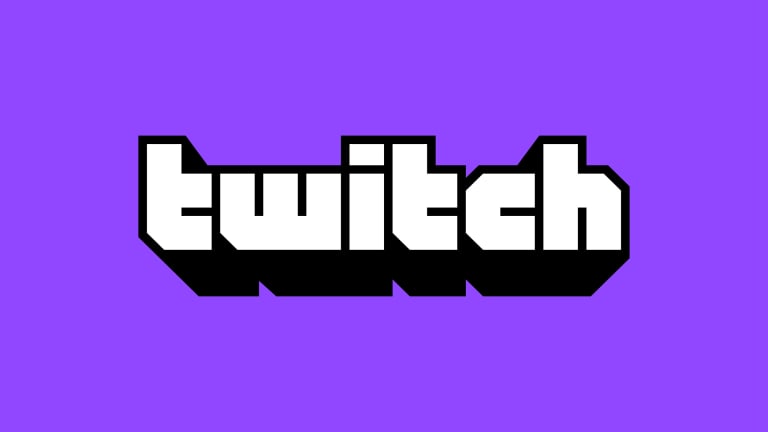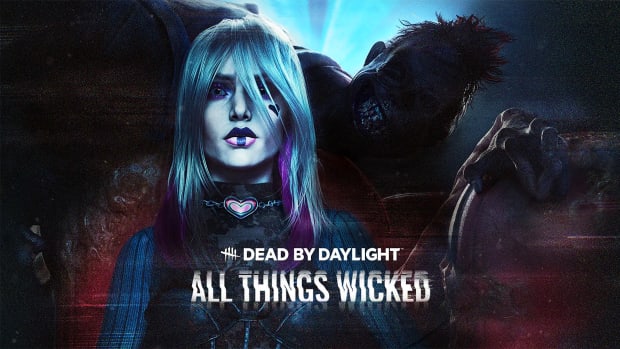
Twitch to ban streamers who show explicit deepfake videos

Twitch has introduced new rules for helping to tackle sexually explicit deepfake content on the platform, after weeks of controversy plagued the streaming site over the content. The new content policy was announced in a blog post, detailing penalties for streamers who display the content on stream.
The discussion around deepfake porn started on Twitch in late January, after streamer Atrioc was caught on stream viewing the content, prompting an apology. Atrioc later stepped down from streaming, and promised to cover legal fees for victims.
One of the streamers depicted on the explicit site that Atrioc viewed, QTCinderella, sought to sue the adult video site hosting the content, but found that the US legal system was inadequate in handling the content. She reportedly visited a number of lawyers, but none were able to help the case move forward in court.

In an emotional stream, QTCinderella vowed to sue the website hosting the deepfake porn depicting her.
Twitch
Twitch’s new policy for tackling the content is strict, with no second chances for streamers who intentionally display it on stream. The Amazon-owned platform says in its blog post that deepfake porn is “personally violating and beyond upsetting”.
“The existence of this content, and its presence and distribution on various sites, is personally violating and beyond upsetting,” the blog post reads, “Deepfake porn isn’t a problem on Twitch, but it’s a terrible issue that some streamers (almost exclusively women) may face on the internet at large”.
It continued: “Though we have the most control over what happens on our own service, we want to help streamers protect themselves or respond quickly to this kind of situation anywhere it arises. To that end, in the weeks since the event, we’ve been listening to the community, talking with streamers, and consulting with experts in the field about how to keep streamers protected — on and off our service.”
It also suggested a change to the terms used to refer to the content, using the term “synthetic non-consensual exploitative images”, or NCEI. The reason for this is that the company, along with experts Twitch engaged with on the topic, believe that pornography is consensual, and NCEI is inherently not. It also objects to the term ‘deepfake’ because there are multiple ways to create non-consensual content, so it wants to cast as wide a net as possible.
Twitch says that NCEI is already broadly banned on its platform as part of its explicit content policies, but that its new rules should offer a much clearer outcome for those affected. Streamers who intentionally promote, create, or share the content will be indefinitely suspended, even if it’s their first offense. Streamers who show the content only briefly, or show it as an example to express outrage or disapproval, will have their streams taken down and have unspecified penalties applied.
Twitch ended the blog post by promising to monitor and engage with members of the community on the topic, and revealed a new Creator Camp set for later in the month that will explain the new policies to streamers.


